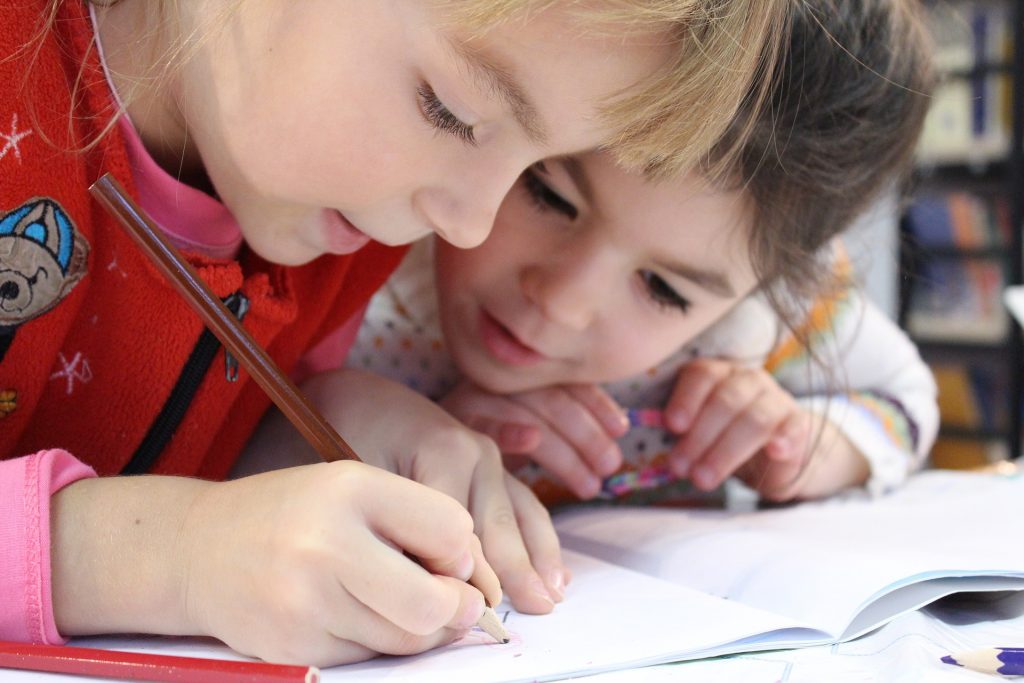 Depending on your relationship with your parents, you may have learned skills to maintain relationships in your own life. At least this is what a new study suggests, as conducted by researcher and graduate student Mengya Xia and her colleagues. The results indicate that depending on how warm and nurturing your relationships with your parents were when you were a teenager, you may have learned critical skills along the way (“Parents may help prep kids for healthier, less violent relationships,” 2018).
Depending on your relationship with your parents, you may have learned skills to maintain relationships in your own life. At least this is what a new study suggests, as conducted by researcher and graduate student Mengya Xia and her colleagues. The results indicate that depending on how warm and nurturing your relationships with your parents were when you were a teenager, you may have learned critical skills along the way (“Parents may help prep kids for healthier, less violent relationships,” 2018).
To determine exactly how these types of traits are passed down from generation to generation, Xia recruited 974 adolescents for the study (Xia, 2018). At three points in time between the sixth and ninth grades, the participants were asked questions about their families and themselves. Some of the questions pertained to their family climate, how their parents disciplined them, and the positive (or negative) interactions they had with their parents.
At the age of 19.5, the participants were once again questioned, but this time, they were specifically asked about their romantic relationships. They were asked whether they could constructively solve relationship problems, if they were ever violent with their partner (physically or verbally) and about feelings of love.
“During adolescence, you’re starting to figure out what you want in a relationship and to form the skills you need to have successful relationships,” Xia said. “The family relationship is the first intimate relationship of your life, and you apply what you learn to later relationships. It’s also where you may learn how to constructively communicate — or perhaps the inverse, to yell and scream — when you have a disagreement. Those are the skills you learn from the family and you will apply in later relationships.”
In the end, Xia and her colleagues found that those who came from a positive family environment showed better problem-solving skills in their romantic relationships. In addition, adolescents who came from these environments felt more love and connectivity to their partners.
“I think it was very interesting that we found that positive engagement with parents in adolescence was linked with romantic love in early adulthood,” Xia continued. “And this is important because love is the foundation for romantic relationships, it’s the core component. And if you have a predictor for that, it may open up ways to help adolescents to form the ability to love in romantic relationships.”
Xia went on to highlight the importance of encouraging adolescents to build positive relationship skills from an early age.
References
“Parents may help prep kids for healthier, less violent relationships.” Penn State. Retrieved May 4, 2018, from https://www.sciencedaily.com/releases/2018/04/180427155748.htm
Xia, Mengya. Focso, Gregory. Lippold, Melissa. Feinberg, Mark. “A Developmental Perspective on Young Adult Romantic Relationships: Examining Family and Individual Factors in Adolescence.” Retrieved May 4, 2018, from https://link.springer.com/article/10.1007%2Fs10964-018-0815-8
